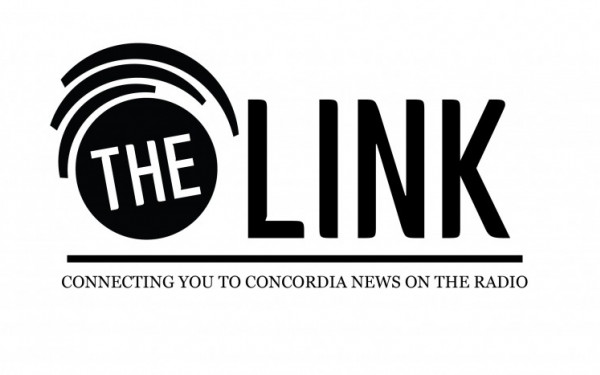Editorial: Concordia Needs to Play a Stronger Role in Aiding Students With Addictions
We Can’t Keep Ignoring Students With Addiction Issues
Last week, the Concordia Student Union kickstarted a plan to begin a conversation about addiction with the Concordia community.
This will be followed by a report which will include research on recovery and peer support services within the university. The report will be released in two to three weeks time, according to CSU Student Life Coordinator Michèle Sandiford.
A Students in Recovery task force is being initiated, with the call out for applicants open till the the end of this week. The task force said it wants to include those currently in recovery from addiction. It will also assess the results of the research on recovery and peer support, making suggestions and recommendations on what can be done to improve the services offered to students combating addiction.
The conversation of addiction has been lacking on our campus for a while. With the growing opioid epidemic, addiction is something we can no longer ignore, as last year nearly 4,000 Canadians died due to an opioid-related overdose, with 2,066 passing away from opioids in the first half of 2018. While Quebec has lower overdose-related deaths compared to some provinces, it’s vital that Concordia addresses and prevent this issue before the death toll rises.
Outside of overdoses, addictions pose other threats to a person’s wellbeing. Addictions also impact user’s mental and physical health, can create conflicts with friends and family, difficulties managing school and work life, and other situations that can limit one’s ability to function.
The stigma around addiction adds and enforces barriers for users to seek help. If we don’t acknowledge addiction ignore it instead, how can this generate confidence in those struggling with addiction to seek help?
Some may think addicts can simply go get help, but it’s not that easy. Addiction changes your priorities; this often makes getting high or quenching the urge towards another addiction the top priority in one’s’ life before relationships or basic needs. Seeking help involves accepting that one’s’ lifestyle will completely change forever, and they are willing to undergo mentally and physically exhausting rehabilitation in order to reset their lives.
Barriers to seek help can also prevent users from getting the help they need. At Concordia, during the fall and winter semester, the average wait time to access the Counselling and Psychological Services is five to seven weeks. The wait can be exhausting and demotivating. With other difficulties an addict may face in their life, turning to substance abuse for a quick release can seem much easier than waiting in long queues to seek help.
While Concordia’s Access Centre For Students With Disabilities allows students with mental illness to seek extensions or other types of support in their classes, this is simply not enough to cover the many needs of students. Concordia should offer more counsellors and decreased wait times in order to aid students as fast as possible. Not only should we have more discussions of addiction on campus, but our university should promote the services they offer by encouraging those who may be struggling with addiction to seek help.
Canadian universities, Concordia included, should understand the complexity of addiction, and ensure that users or those in recovery feel they have adequate support in a timely manner.




_900_642_90_600_375_90_s_c1.jpg)


